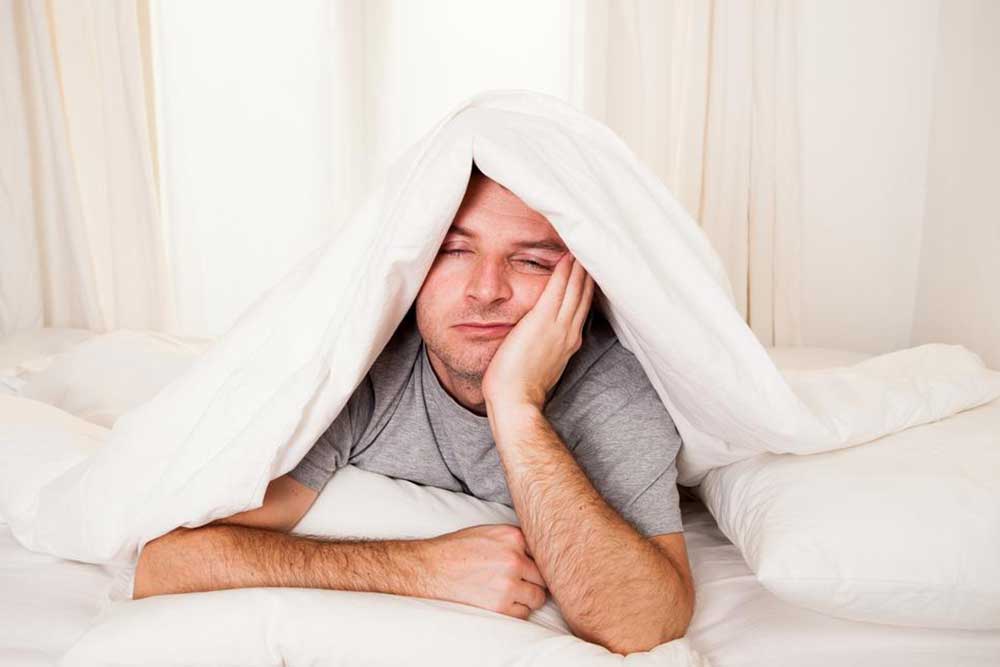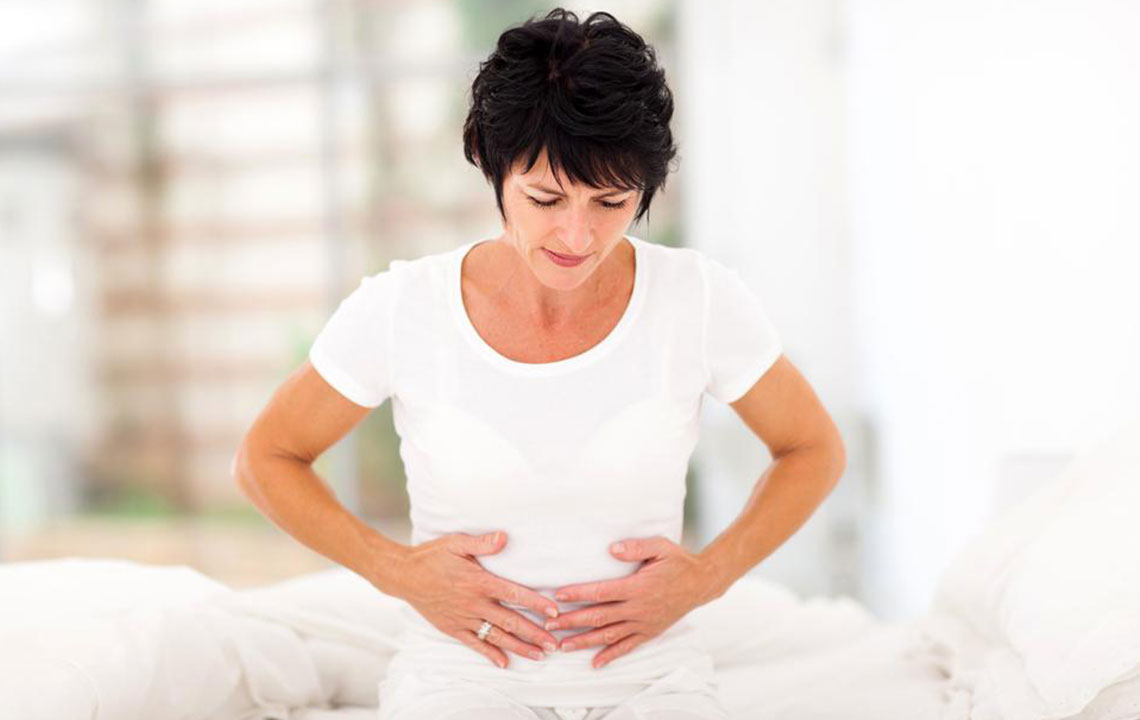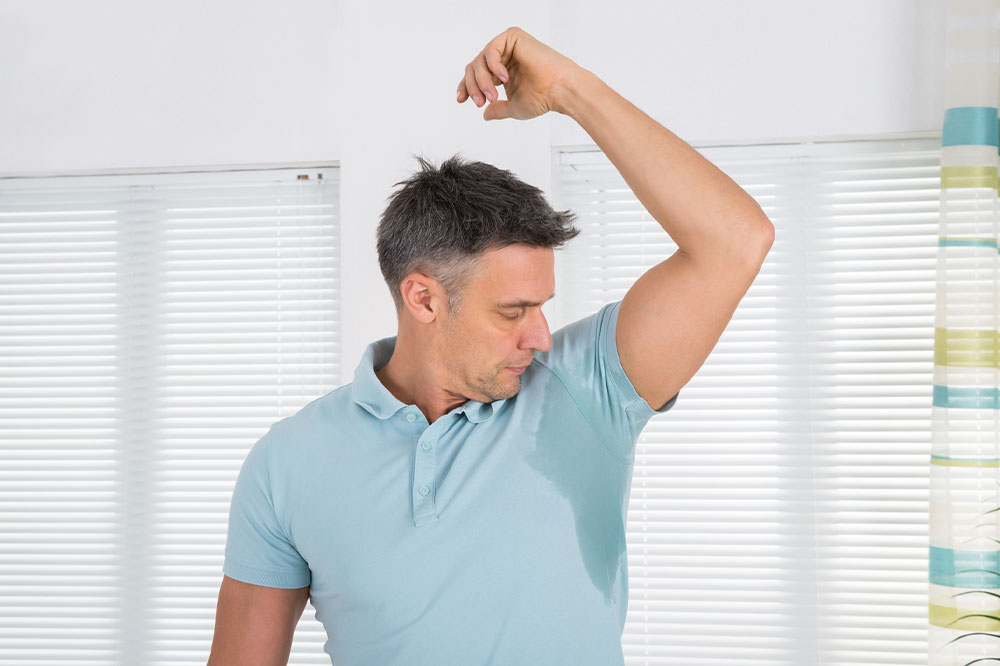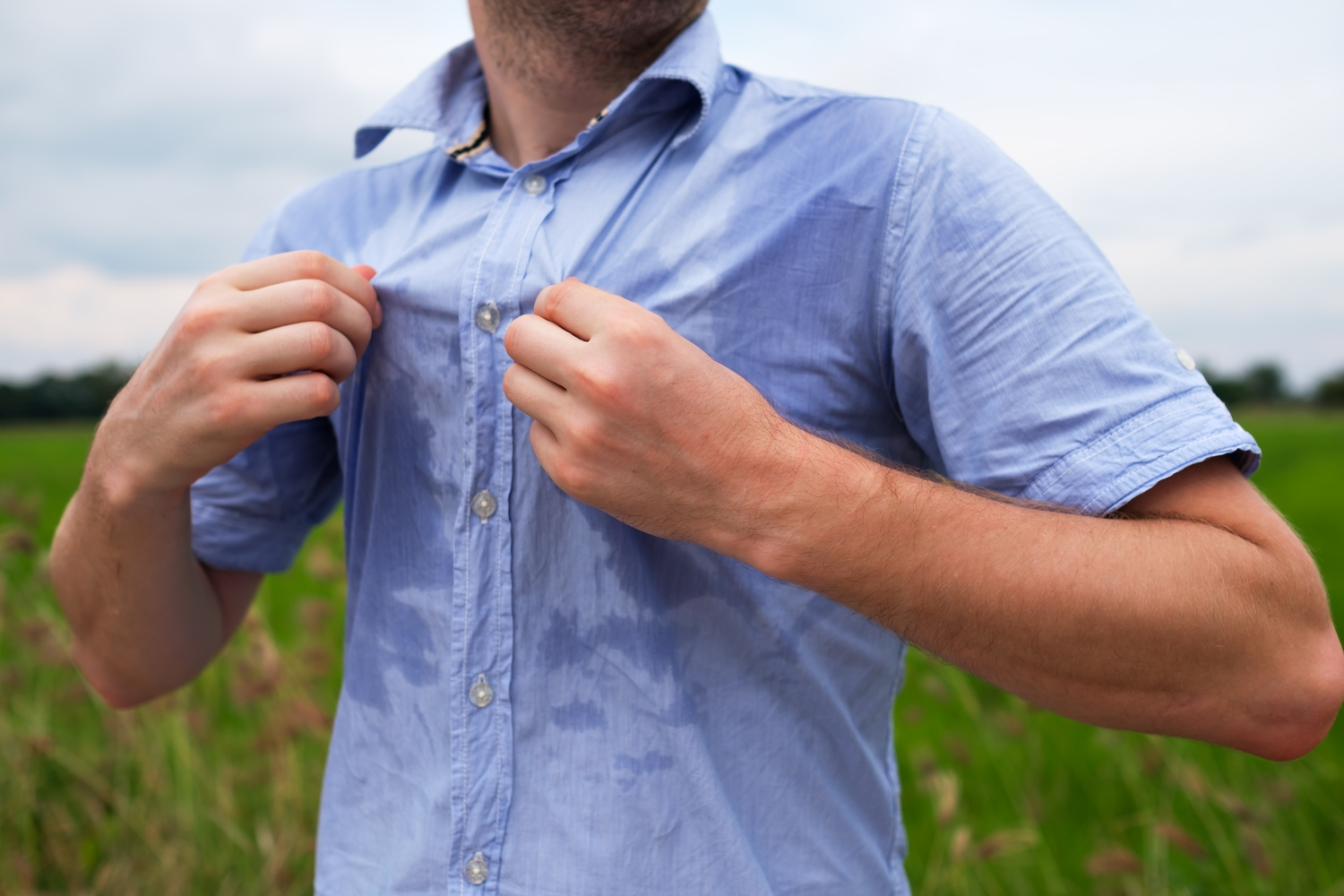Understanding the Main Causes of Night Sweats in Men and Women
Night sweats can be caused by various health issues, including hormonal changes, infections, medication effects, thyroid problems, and more. Recognizing the underlying cause is vital for effective treatment. Medical consultation is recommended for persistent night sweating to ensure proper diagnosis and management.

Understanding the Main Causes of Night Sweats in Men and Women
Night sweats, medically called nocturnal hyperhidrosis, are episodes of intense sweating during sleep that can soak clothing and bedding. Normal factors like high bedroom temperatures or excessive clothing can cause some sweating, but persistent night sweats without obvious reasons should prompt a medical consultation. If you notice unexplained sweating at night, consulting a healthcare professional is essential for diagnosis and management.
Common triggers of night sweats include:
Different health conditions can lead to night sweats in men, women, and children. To determine the exact cause, visiting a doctor for a thorough evaluation and tests is crucial. Below are some prevalent medical reasons behind night sweating:
Menopause and Hormonal Changes – In women, menopause results from decreased estrogen levels, causing hot flashes both during the day and at night. Men can also experience similar symptoms due to declining testosterone levels.
Hypoglycemia – Low blood sugar, below 70 mg/dL, can trigger sweating at night, accompanied by symptoms like dizziness and anxiety. This often occurs in diabetics using certain medications.
Bacterial Infections – Infections such as brucellosis, contracted from unpasteurized dairy products, can cause night sweats. Treatment involves antibiotics and may take months to fully resolve.
Medication Side Effects – Some drugs, including antidepressants and painkillers, may induce night sweats as a side effect. Consulting a healthcare provider is advised if sweating occurs while on these medications.
Overactive Thyroid (Hyperthyroidism) – Excess thyroid hormones accelerate metabolism, leading to weight loss, anxiety, and excessive sweating, particularly at night.
Neurological Disorders – Conditions like autonomic dysreflexia, strokes, or neuropathy can impair body temperature regulation, causing night sweats.
Alcohol Intake – Heavy alcohol consumption increases blood flow and heart rate, which can lead to night sweating and flushing.
Cancer – Blood cancers such as leukemia or lymphomas may cause unexplained sweating, often alongside other symptoms. Medical evaluation is necessary for diagnosis.
Primary Hyperhidrosis – A rare condition where the body sweats excessively without an identifiable cause, affecting both day and night.
Treatment varies based on the underlying condition. Consulting specialists like internists or endocrinologists helps identify the root cause and guide appropriate therapy.










